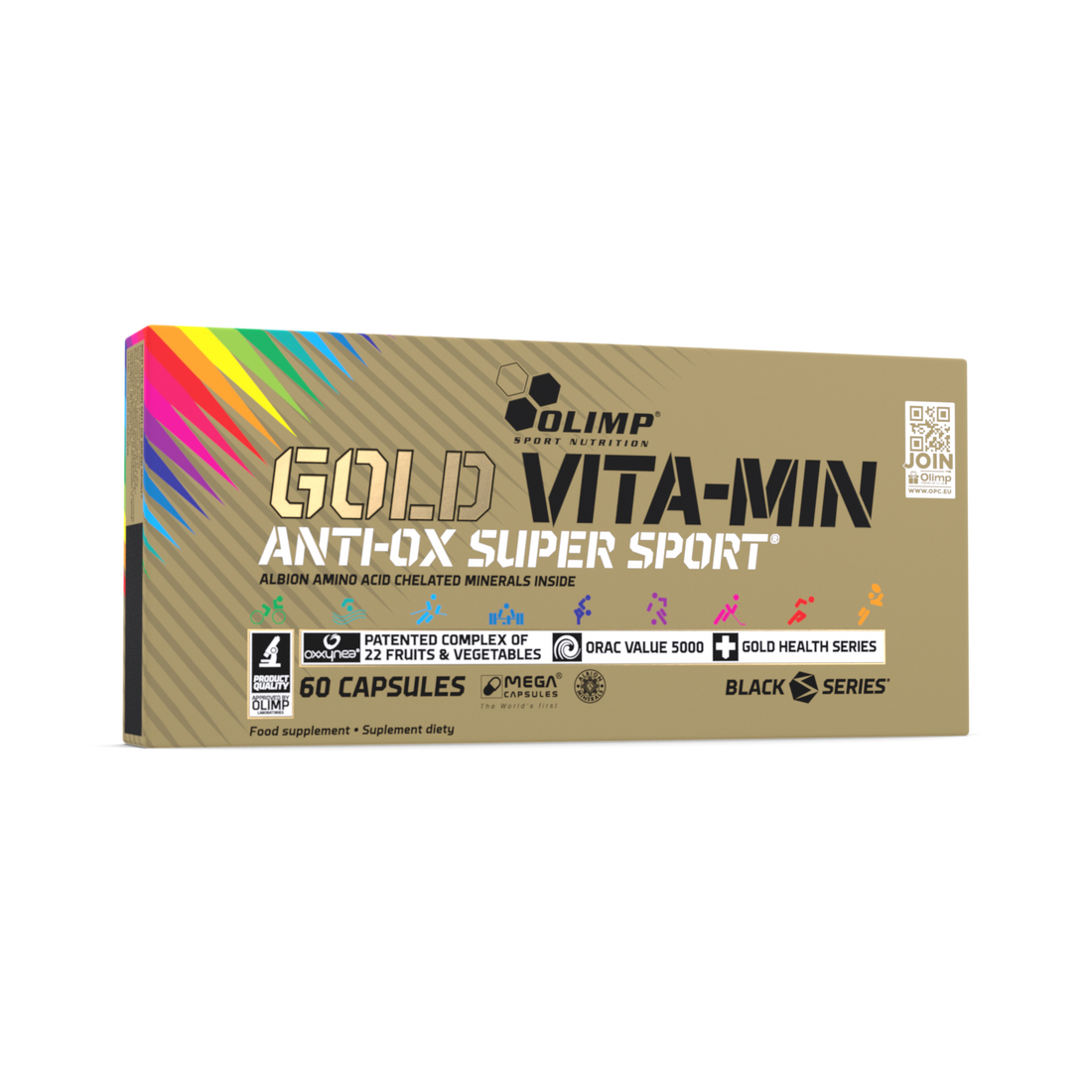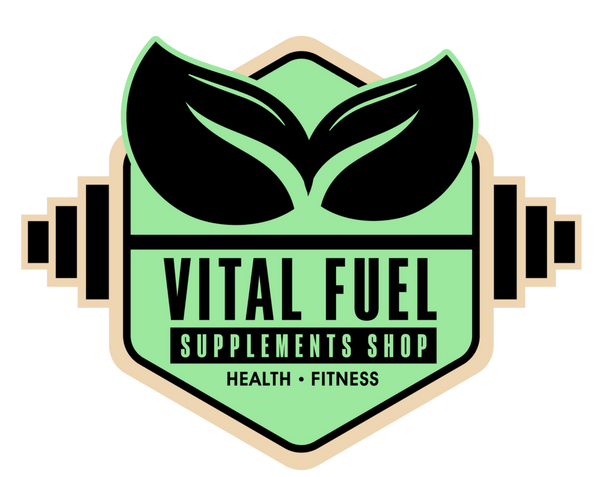
Essential Vitamins and Minerals for Athletes: Complete Guide
Share
Introduction
While protein and creatine often steal the spotlight, vitamins and minerals are the unsung heroes of athletic performance. These micronutrients support everything from energy production to muscle recovery, making them essential for anyone serious about their fitness goals.
Why Athletes Need More Vitamins and Minerals
Intense training increases your body's demand for micronutrients due to:
- Increased energy metabolism
- Higher oxidative stress from exercise
- Greater nutrient losses through sweat
- Enhanced protein synthesis requirements
- Accelerated tissue repair and recovery
Key Vitamins for Athletic Performance
Vitamin D3 + K2
This powerful combination supports:
- Bone health and calcium absorption
- Immune system function
- Muscle strength and power
- Testosterone production in men
- Reduced inflammation
Recommended: 2000-4000 IU of D3 with 100-200mcg of K2 daily.
B-Complex Vitamins
Essential for energy production and nervous system function:
- B1 (Thiamine): Carbohydrate metabolism
- B6: Protein metabolism and neurotransmitter production
- B12: Red blood cell formation and energy
- Folate: DNA synthesis and cell division
Vitamin C
A powerful antioxidant that:
- Supports immune function
- Aids collagen synthesis for joint health
- Reduces exercise-induced oxidative stress
- Enhances iron absorption
Critical Minerals for Athletes
Magnesium
Involved in over 300 enzymatic reactions:
- Muscle and nerve function
- Energy production (ATP synthesis)
- Protein synthesis
- Blood pressure regulation
- Better sleep quality
Signs of deficiency: Muscle cramps, fatigue, poor sleep.
Zinc
Essential for:
- Immune system support
- Wound healing and recovery
- Testosterone production
- Protein synthesis
- Antioxidant enzyme function
Iron
Critical for oxygen transport:
- Hemoglobin production
- Oxygen delivery to muscles
- Energy metabolism
- Cognitive function
Note: Especially important for female athletes and endurance athletes.
Omega-3 Fatty Acids
While technically fats, omega-3s deserve special mention:
- Reduce inflammation and muscle soreness
- Support heart and brain health
- Improve recovery between training sessions
- May enhance muscle protein synthesis
Recommended: 1-3g combined EPA and DHA daily.
Antioxidant Complexes
High-intensity training increases free radical production. Antioxidant complexes help:
- Neutralize exercise-induced oxidative stress
- Support faster recovery
- Maintain immune function
- Protect against cellular damage
When to Take Vitamins and Minerals
Morning
B-vitamins, Vitamin D, and multivitamins for energy and daily support.
With Meals
Fat-soluble vitamins (A, D, E, K) and minerals for better absorption.
Post-Workout
Antioxidants and recovery-focused nutrients.
Before Bed
Magnesium for better sleep and recovery.
Food vs. Supplements
While whole foods should be your foundation, supplements can help when:
- Training demands are very high
- Dietary restrictions limit food choices
- Specific deficiencies are identified
- Convenience is needed for consistent intake
Signs You May Need More Micronutrients
- Frequent fatigue despite adequate sleep
- Slow recovery between workouts
- Frequent minor illnesses
- Muscle cramps or weakness
- Poor concentration or mood
- Brittle nails or hair loss
Choosing Quality Supplements
Look for:
- Third-party testing for purity
- Bioavailable forms (methylated B-vitamins, chelated minerals)
- Appropriate dosages (not mega-doses)
- Minimal artificial additives
- Reputable manufacturing standards
Conclusion
Vitamins and minerals may not provide the immediate effects of protein or creatine, but they're fundamental to long-term athletic success. A well-rounded approach including both food sources and targeted supplementation can help ensure you're getting everything needed for optimal performance and recovery.
Remember, consistency matters more than perfection. Focus on meeting your daily needs through a combination of nutrient-dense foods and quality supplements.
